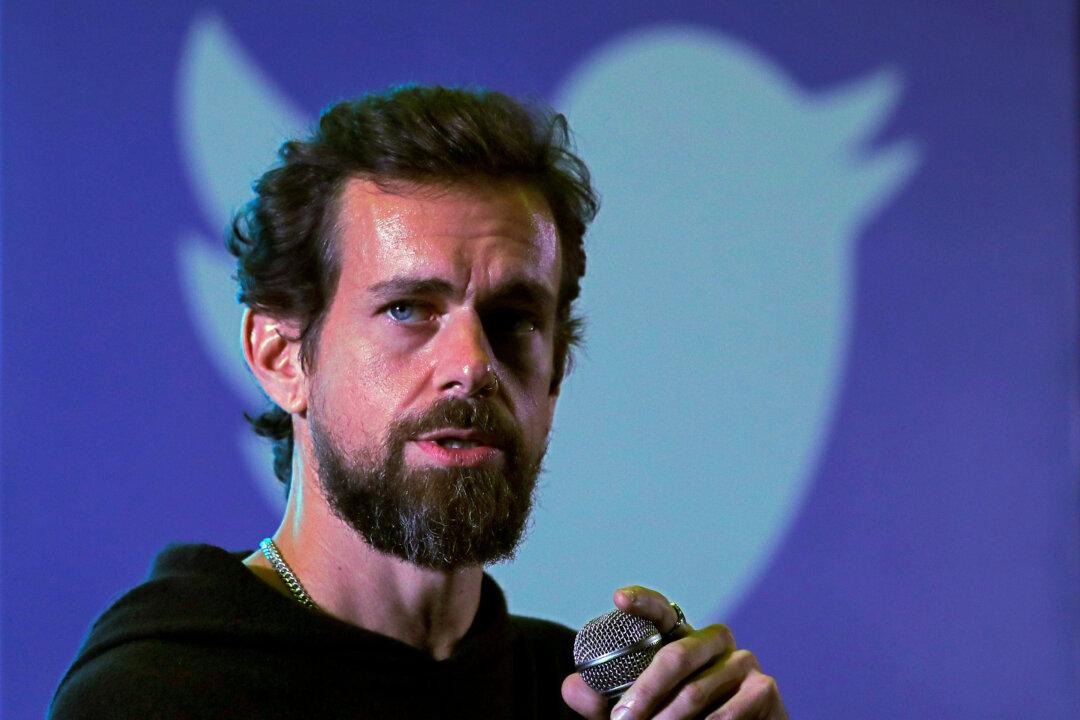Twitter says that it will censor premature claims of U.S. election victories and related posts, joining fellow technology giant Facebook in a clampdown that critics say highlights the importance of reining in the social media platforms.
Twitter will add labels to tweets “that falsely claim a win for any candidate,” Vijaya Gadde and Kayvon Beykpour, two Twitter officials, said in a blog post on Oct. 9. “People on Twitter, including candidates for office, may not claim an election win before it is authoritatively called.”





